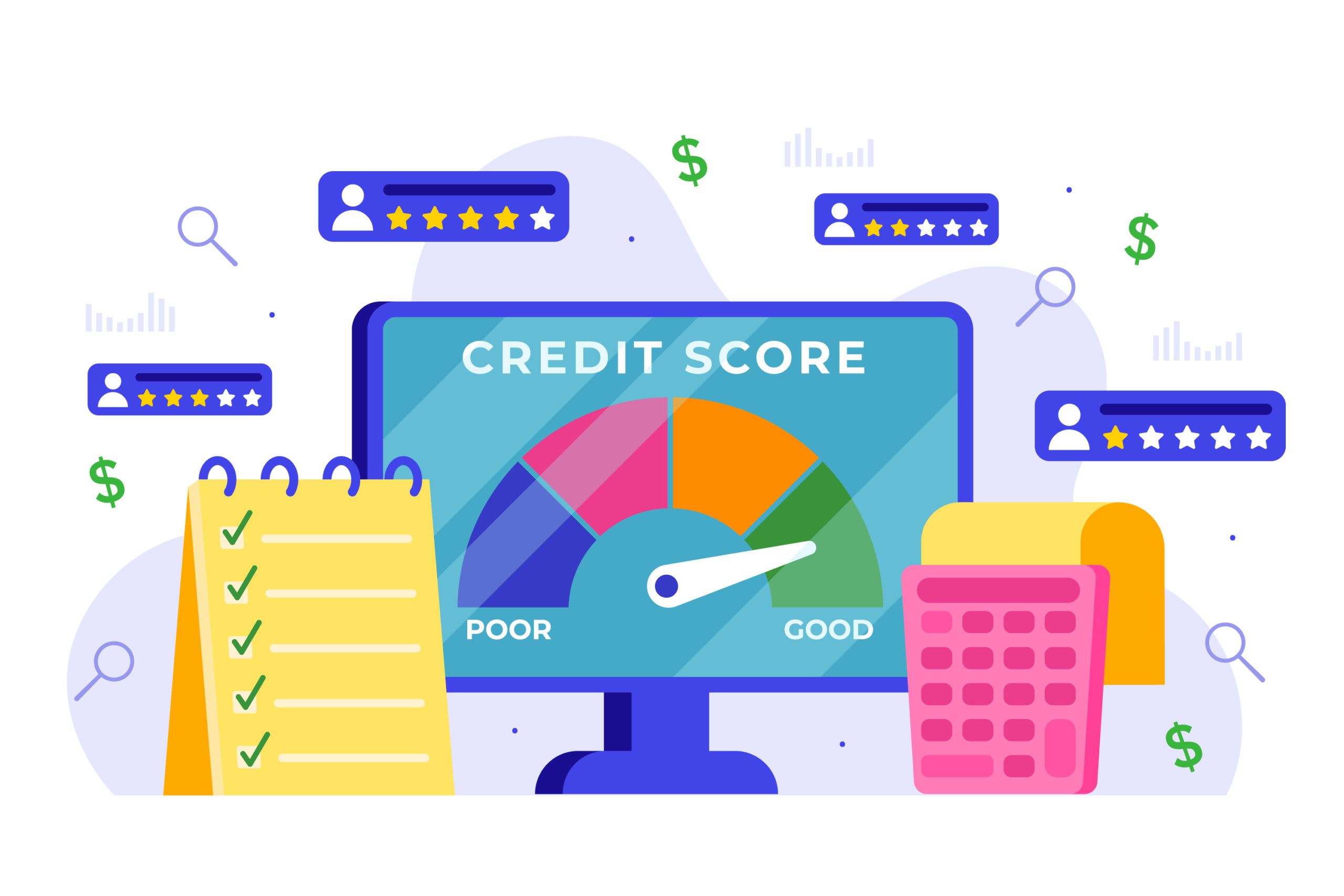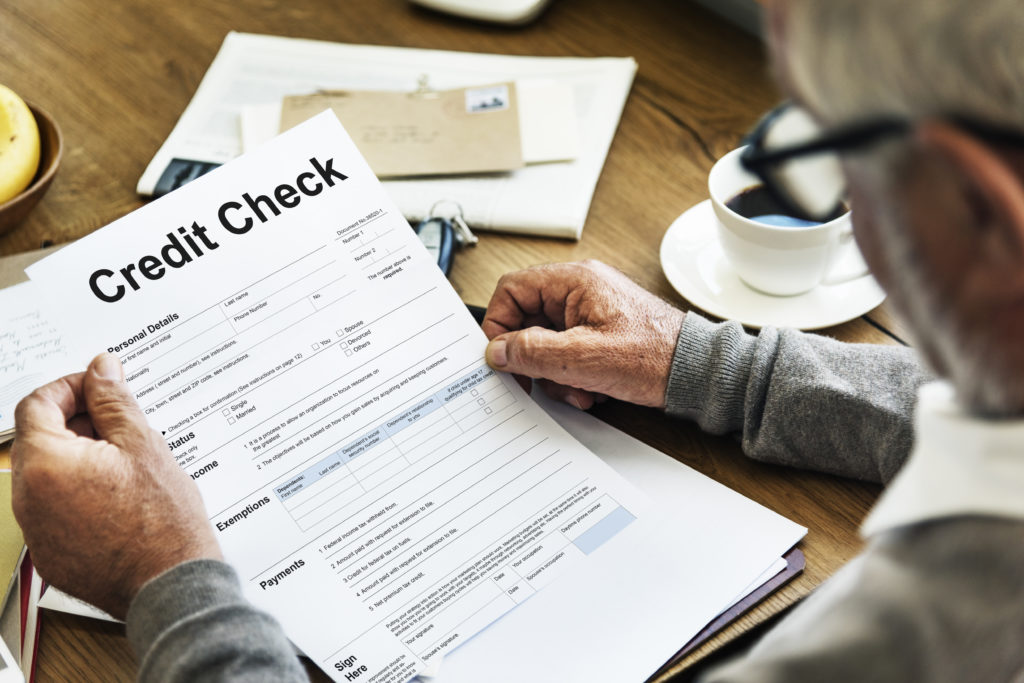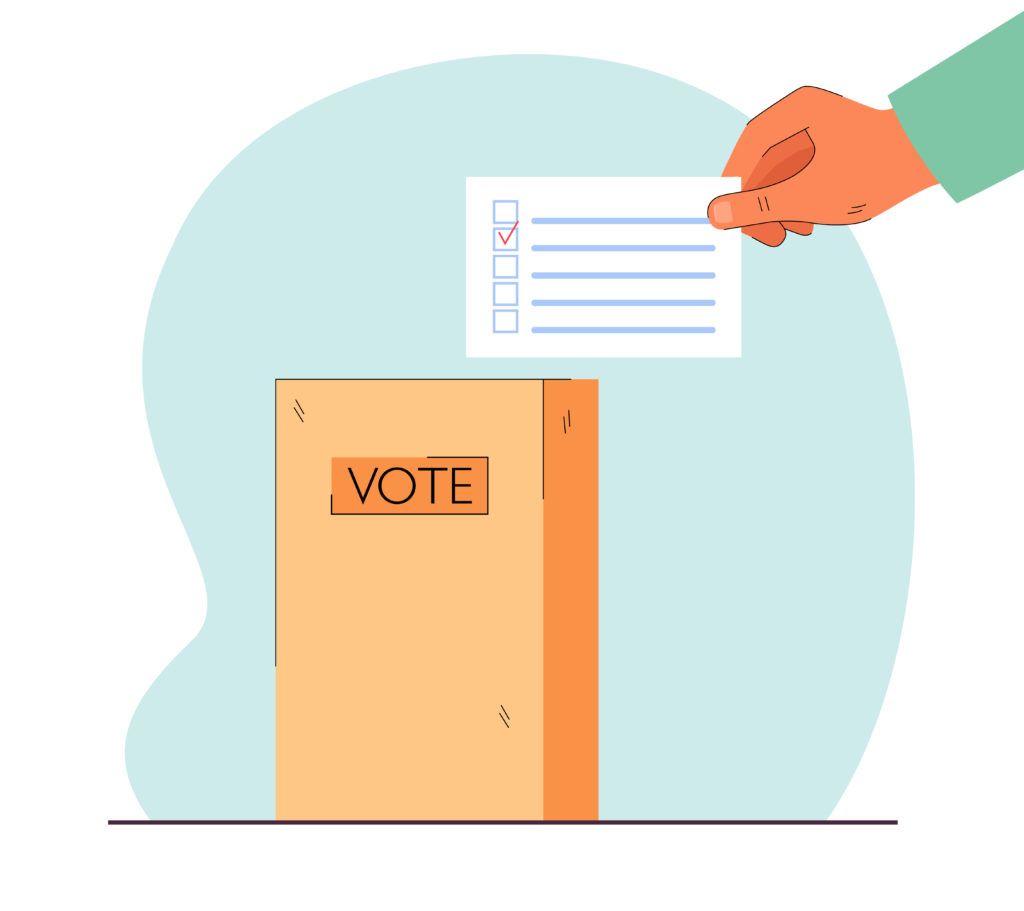
6 Ways To Improve Your Credit Score
Your credit score can dictate how much money you can borrow, what interest rates you will pay on loans, and even your job prospects in some cases. Unfortunately, if you find yourself in financial difficulty and you miss payments, your credit score will suffer.
If you are concerned about your credit score, here are 6 ways to improve it.
1. Make all outgoing payments on time

One way to improve your credit score is to make all of your outgoing credit payments on time. If you can get into the habit of paying everything on time, it will show lenders that you are reliable and trustworthy.
If you are regularly missing payments, there are a few things you can do to make paying easier. Set up Direct Debits so that the payments are automatically taken from your account, and write a clear budget to make sure that you don’t miss payments.
2. Register on the electoral roll

One of the easiest ways to improve your credit score is to make sure you are registered on the electoral roll. Many people don’t realise that it can actually have a big impact on your credit score. If you are not registered, lenders have a harder time verifying your identity and this could lead to your application being declined.
Registering is easy. You can register online, and all you need to do is follow the on-screen instructions. If you are already registered, check that all of your details are correct and up-to-date. If not, update them as soon as possible.
It only takes a few minutes to register, so this is one of the easiest ways to improve your score.
3. Keep credit card debt below 30%

Your debt utilisation ratio is the amount of credit you are using compared to the amount of credit you have available.
It is best to keep your debt utilisation ratio below 30%. This means that if you have a credit card with a limit of £1000, you should not have debts of more than £300 on that card.
If your debt utilisation ratio is higher, it shows that you are reliant on borrowing to pay expenses or you are irresponsible with your credit cards. This could lead to your credit score being lowered.
It is a common misconception that not having a credit card at all is better for your credit score. Borrowing small amounts and paying them back on time will improve your score, but you must avoid borrowing too much. That’s why credit card debts of around 30% or lower are best for your credit score.
4. Develop your credit history

If you don’t have much of a credit history, it can be difficult to get a loan or a mortgage. This is because lenders don’t have much to go on when they are assessing your application. This is a common issue for young people who have not borrowed money in the past.
There are a few things you can do to develop your credit history and improve your score. Many lenders offer credit cards specifically designed for building credit. Using these on a regular basis and paying the balance off in full will increase your score.
5. Report mistakes on your credit report

If you have ever been refused credit, it’s important to check your credit report. Your credit score can be lowered if there are mistakes on your report. These errors can range from incorrect information about your address or date of birth to missed payments that you have already paid.
If you find an error on your credit report, it is important to report it straight away. You can do this by contacting the company to which the credit relates, and ask them to update their records. You could also contact the credit reference agencies (Experian, Equifax, and Callcredit) directly and raise a dispute, they will then contact the Lender on your behalf. The issue will be investigated and, if appropriate, will be rectified. Your score will then be adjusted accordingly.
6. Ensure your credit file has no fraudulent activity

If you suspect that someone has fraudulently opened a credit account in your name, it is important to take action straight away. This can be done by contacting the police and the credit reference agencies. You should also check your bank and credit card statements regularly for any fraudulent activity.
Fraudsters taking out credit in your name can seriously damage your score, so it must be rectified immediately. Just bear in mind that you may have to prove that you did not apply for the credit if it is not immediately obvious that you are a victim of fraud.
Struggling with your debts?
If you are looking to improve your credit score as a result of being declined for credit; or you are seeking credit in order to be able to meet your essential outgoings it may be the time to consider other debt repayment options. At Swift Debt Help we can talk to you about debt solutions based on your affordability. It is important to note that most debt restructuring options will be recorded on your credit file, and could have an impact on it. Call us on 0161 843 1516 to find out if another solution could be right for you.
Request a Debt Assessment
Disclaimer: For guidance only. Financial information entered must be accurate and would require verification. Other factors will influence your most suitable debt solution.
Credit card, credit file, credit report, Credit score, debt advice, Debt Help, Debt repayments, Debt support